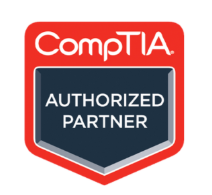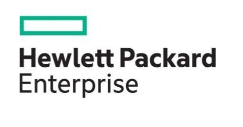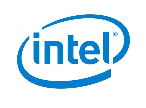
Employee Background Checks: Strengthening Your Organization's Security
Employee background checks help organizations strengthen security by verifying candidates' histories to identify potential risks before hiring. By uncovering any red flags, this process safeguards sensitive data, assets, and workplace integrity, reducing the likelihood of internal security threats.
Employee background checks are vital for ensuring cybersecurity compliance. Regulatory frameworks mandate organizations to conduct due diligence on individuals who will have access to sensitive information. These checks are crucial for mitigating insider threats, preventing fraud, and verifying that employees entrusted with sensitive data have no concerning history that could pose security risks.
Employee Background Checks: Essential for Cybersecurity Compliance
Background checks help identify potential risks from employees with histories of fraud, data theft, or other concerning behavior. By thoroughly vetting candidates before granting access to sensitive information, organizations can significantly reduce the risk of insider threats, a leading cause of data breaches.
Insider Threat Mitigation
How Background Checks Support Cybersecurity Compliance
HIPAA (Healthcare): Requires organizations to ensure employees with access to Protected Health Information (PHI) are appropriately authorized, often incorporating background checks into this process.
SOX (Finance): While not explicitly requiring background checks, Sarbanes-Oxley emphasizes internal controls and accountability, making them a best practice.
PCI DSS (Payment Card Industry): Mandates that organizations screen potential employees for risk before allowing access to cardholder data.
FFIEC Guidelines: These guidelines stress the importance of personnel screening as part of comprehensive cybersecurity programs for financial institutions.
Regulatory Requirements Across Industries
Insider actions are often linked to cybersecurity incidents. Background checks provide reasonable assurance that personnel possess the integrity required for handling sensitive data, thereby reducing organizational liability. They also foster trust with clients, patients, and partners, who are increasingly concerned about data security.
Reducing Liability and Enhancing Trust
Organizations committed to robust cybersecurity often exceed regulatory requirements by implementing comprehensive background checks during the hiring and onboarding processes. While these checks alone cannot prevent insider threats, they serve as a foundational element of any effective cybersecurity compliance and risk management strategy, especially in data-sensitive industries like healthcare and finance.
Cybersecurity Best Practice
Our Training Partners
Our Technology Partners



















Get Started Today!
Ready to fortify your organization against cyber threats? Contact us today for a personalized consultation and discover how AABGM can empower your business with effective cybersecurity solutions!
